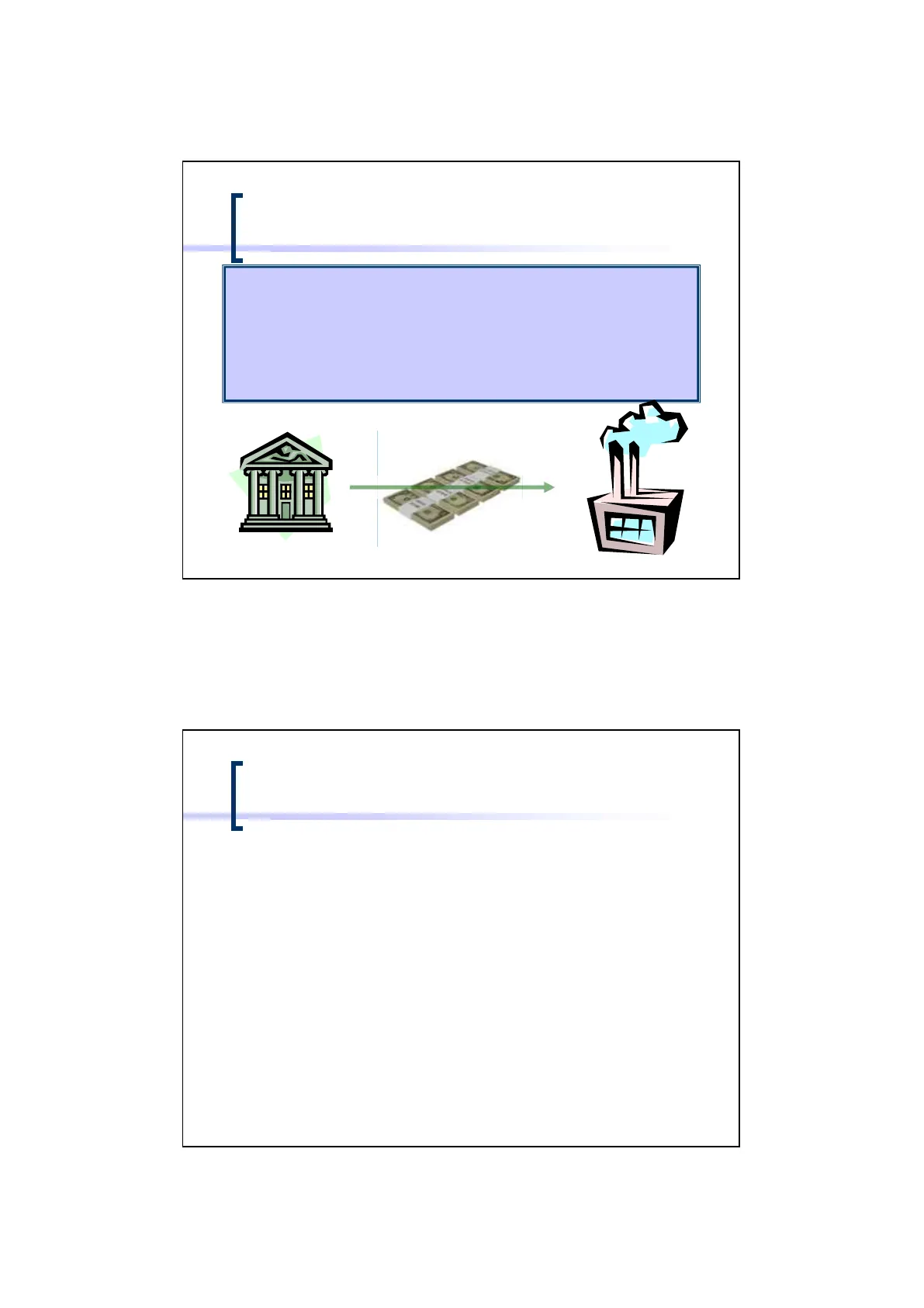Financial Statements and Accounting for University Students
Slides from University about Financial Statements. The Pdf provides a comprehensive overview of financial accounting, covering learning objectives, key definitions, and practical exercises with solutions, ideal for university students in Economics.
See more17 Pages


Unlock the full PDF for free
Sign up to get full access to the document and start transforming it with AI.
Preview
ACCOUNTING Class 2 - 20 September 2024
9.30-12.30 - ALBERTI 1 Prof. Federica Farneti
Learning Objectives for Financial Statements
- Explain what transactions are.
- Identify and explain the kind of information reported in each financial statement and describe how financial statements are related to each other.
- Explain the meaning and usefulness of the accounting equation.
- Explain the meaning of each of the captions on the financial statements illustrated in this chapter.
- Identify and explain the broad, generally accepted concepts and principles that apply to the accounting process.
- Discuss why investors must carefully consider cash flow information in conjunction with accrual accounting results.
- Describe what a corporation's annual report is and why it is issued
- Discuss concepts as fiscal year, par value, etc.
Transactions and Financial Statements
Transactions are economic interchanges between entities that are accounted for and reflected in financial statements.
Financial Statements Overview
Financial statements are the product of the financial accounting process. They are the means of communicating economic information about the entity to individuals (who want to make decisions) and supporting informed judgments about the entity's financial position, results of operations and cash flows. Although each of the four principal financial statements has a unique purpose, they are interrelated. Users cannot make meaningful interpretations of financial statement data without understanding the concepts and principles that relate to the entire financial accounting process.
Financial Statements Process
Transactions · Procedures for sorting, classifying, and presenting (bookkeeping) · Selection of alternative methods of reflecting the effects of certain transactions (accounting) Financial Statements An entity' s financial statements are the end product of a process that starts with transactions between the entity and other organizations and individuals.
Accounts and Transactions
Transactions are summarized in accounts. Cash Accounts Receivable Accounts are used to organize like-kind transactions. Accounts Payable Account balances are then used in the preparation of financial statements.
Principal Forms of Business Organization
A proprietorship is an activity conducted by an individual. The partnership is essentially a group of proprietors who have banded together. Most large businesses, and many new businesses, use the corporate form of organization. "Inc." in the name (for example Main Street Stores, Inc.,) is an abbreviation for incorporated; This means that the firm was legally organized as a corporation. The owners of the corporation are called stockholders (or shareholders). A corporation is formed by having a charter and bylaws prepared and registered with the appropriate office
Fiscal Year Definition
A firm's fiscal year is the annual period used for reporting to owners, the government, and others. Many firms select the calendar year as their fiscal year, but other 12-month periods can also be selected. For example, (see Appendix), Campbell's fiscal year ends on the Sunday nearest July 31 each year.
Required Financial Statement Disclosures
Required Disclosure Financial Statement that Satisfies Requirements Financial position at the end of the period Balance Sheet Earnings for the period Income Statement Cash flows during the period Statement of Cash Flows Investments by and distributions to owners during the period Statement of Changes in Stockholders' Equity
Balance Sheet Elements
The balance sheet is a listing of the organization's assets, liabilities, and stockholders' equity (often referred to simply as owners' equity ) at a point in time. Balance Sheet-Elements Assets represent the amount of resources owned by the entity. Ex. Debts Liabilities are amounts owed to other entities. MAIN STREET STORE, INC. Balance Sheet August 31, 2014 Obbligation to pay back diff people, companies ... Assets Liabilities and Stockholders' Equity Current assets: Current liabilities: Cash $ 34,000 Accounts payable. $ 35,000 Accounts receivable 80,000 Other accured liabilities 12,000 Merchandise inventory. 170,000 Short-term debt. 20,000 Total current assets $284,000 Total current liabilities $ 67.000 Plant and equipment: Long-term debt. Equipment .. 40,000 Total liabilities .... Less: Accumulated Stockholders' equity ....... depreciation. (4,000) Total assets $320,000 Total liabilities and stockholders' equity. $320,000 remain after deducting the liabilities. Equity is the ownership right of the owner(s) of the entity in the assets that Accounting equation in order to have 320.000 Resources (assets), i get thematic with liab (117.000) and stock. Equity (203.000) A = L - SE
Balance Sheet Equation
The balance sheet equation must balance. Total assets include current and long lived assets. Total liabilities include both current and long-term liabilities. Total liabilities combined with stockholders' equity must equal total assets. Balance Sheet Assets = Liabilities + Equity MAIN STREET STORE, INC. Balance Sheet August 31, 2014 Assets Liabilities and Stockholders' Equity Current assets: Current liabilities: Cash $ 34,000 Accounts payable $ 35,000 Accounts receivable 80,000 Other accured liabilities. 12,000 Merchandise inventory 170,000 Short-term debt 20,000 Total current assets $284,000 Total current liabilities $ 67,000 Plant and equipment: Long-term debt. 50,000 Equipment 40,000 Total liabilities $117,000 Less: Accumulated Stockholders' equity 203,000 depreciation Total liabilities and Total assets. $320,000 stockholders' equity. $320,000
Current Assets and Liabilities
Current assets are cash and other assets that are likely to be converted into cash or used to benefit the entity within one year (considering the financial year). Debts that the company needs to pay within 12 months Current liabilities are those liabilities that are likely to be paid with cash within one year of the balance sheet date. This one year time-frame classification is important and, as will be explained later, is used in assessing the entity's ability to pay its obligations when they come due. Companies need to manage vere well cash Resources in order to be successful Ex. If we have a credit, riconvertito it into cash in a short amount of time Second part ex. Merchandising to sell (?)
Balance Sheet Current Assets
Current assets are those assets that are likely to be converted into cash or used to benefit the entity within one year. MAIN STREET STORE, INC. Balance Sheet August 31, 2014 Assets Liabilities and Stockholders' Equity Current assets: Current liabilities: Cash $ 34,000 Accounts payable $ 35,000 Accounts receivable 80,000 Other accured liabilities. 12,000 Merchandise inventory. 170,000 Short-term debt 20,000 Total current assets ... $284,000 Total current liabilities $ 67,000 Plant and equipment: Long-term dobu 50,000 Equipment 40,000 Total liabilities $117,000 Less: Accumulated Stockholders' equity 203,000 depreciation. (4,000) Total liabilities and Total assets $320,000 stockholders' equity. $320,000 Plant and equipment includes long- term assets that will benefit the entity over several years.
Balance Sheet Long-term Liabilities
Long-term liabilities are those liabilities that will not be repaid within one year of the balance sheet date. AIN STREET STORE, INC. Balance Sheet August 31, 2014 Assets Liabilities and Stockholders' Equity Current assets: Current liabilities: Cash $ 34,0 0 Accounts payable .. $ 35,000 Accounts receivable 80,000 Other accured liabilities 12,000 liabilities Merchandise inventory. 170,000 Short-term debt 20,000 Total current assets $284,000 Plant and equipment: Long-term debt .. 50,000 Equipment .. 40,000 Total nablues. D117,000 Less: Accumulated Stockholders' equity 203,000 depreciation. (4,000) Total liabilities and paid Total assets $320,000 stockholders' equity. $320,000 within one year.
Nature of Activity and Overdraft
Ex: car, represent the product they sell. Merchandising inventory Overdraft, you pay in your account but you that are to be Current liabilities are thoseEx. Sales
Income Statement Components
We indicate here the amount of sales we generate We have cost cause we have a number of costs in order to generate revenues The income statement shows the profit (or loss) for the period of time under consideration. Income Statement Revenues result from the entity' s operating activities (e.g. selling merchandise). Costs and expenses are incurred when generating revenues and operating the entity. Gains and losses are also reported on the income statement and result from non-operating activities, rather than from the day-to-day operating activities that generate revenues and expenses. MAIN STREET STORE, INC. Income Statement For the Year Ended August 31, 2014 Operative: Core activities of the Net sales $1,200,000 Cost of goods sold 850,000 company. Gross profit. $ 350,000 Non operative active Selling, general, and administrative expenses 311,000 Income from operations $ 39,000 are ex. Selling a Interest expense 9,000 Income before taxes $ 30,000 building the company Income taxes 12,000 doesn't use anymore Net income. $ 18,000 Earnings per share of common stock outstanding $ 1.80
Income Statement Details
Record the amount of sales the company is able to create. Income Statement MAIN STREET STORE, INC. Income Statement For the Year Ended August 31, 2014 Expenses Net sales. $1,200,000 Cost of goods sold 850,000 Gross profit $ 350,000 Selling, general, and administrative expenses 311,000 Income from operations $ 39,000 Interest expense 9,000 Income before taxes $ 30,000 Income taxes 12,000 Net income. Profit of the year $ 18,000 Earnings per share of common stock outstanding $ 1.80
Profit and Expense Analysis
Gross profit= indicates how much in terms of wealth Selling general ...= EX wages for employees , marketing .. Income from operation. Income the c is able to create because of the core activity of the company EX. Selling dresses Companies are set in order to create wealth How much wealth they created during a period of time Sustainable development goals Designed to consider Net sales because from the sales originally recorded they give some amount back. Consider all the expenses we ?? To generate that amount of sales we had to generate